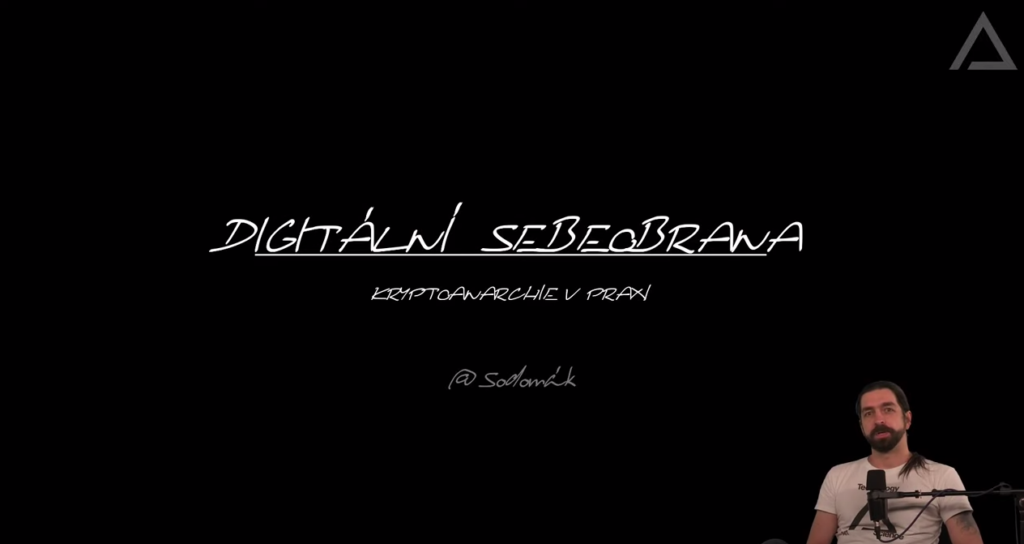Cryptoanarchy is often compared to social ideologies such as anarcho-communism, anarcho-capitalism and others. This comparison cannot work for one simple reason. Cryptoanarchy is not an ideology that proposes (or dictates to society) how it should be governed and what rules society should follow. Cryptoanarchy is not a social system. For a democracy, anarcho-communism, anarcho-capitalism …
Continue reading Cryptoanarchy – To be safe to be free
Personal Threat Model
“`html 1. Introduction This document serves as a personal threat model focused on cybersecurity in the area of cryptocurrencies. Its aim is to identify potential threats and vulnerabilities and propose measures to minimize them. 2. Identification of Actors and Assets Actors Hackers Regulatory Bodies Competitors Close Associates Assets Crypto Wallet Transaction History Investment Strategy Actors …
Continue reading Personal Threat Model
On the Origin of Hackers
Who were the first hackers and when did the history of hacking begin? Probably earlier than you’d expect. It’s been more than…
Hackers – who are we defending ourselves against?
Hacking and hackers are shrouded in many myths, perhaps most notably by film production and journalists who need to engage their readers and viewers. But very little of what we see in the media corresponds to reality.
Videosérie Digitální Sebeobrany
Série videí o soukromí a bezpečnosti v digitálním prostoru.
Killswitch pro Linux
Občas se může hodit možnost rychle vypnout počítač. Zde jsou dva příklady, jak to udělat.
8 tips for a digitally safer holiday
The holiday season can be risky, not only because of potential injuries during sporting activities, but also for your digital devices. We lose our phones or laptops more often than ever on holiday. Whether we forget them on the train, at the beach or at a party, or they are simply stolen. Not only that, …
Continue reading 8 tips for a digitally safer holiday
Lost or stolen phone/computer
The vast majority of our devices are now portable. In the past, we used computers and telephones that we had at home or in the office and that never left these spaces. Today everything is different. We carry laptops from place to place, go with them on business trips and on holiday. Obviously, it’s absolutely …
Continue reading Lost or stolen phone/computer
0-day vulnerability in WhatsApp
WhatsApp (owned by Facebook) has released an update that patches the vulnerability that allowed attackers to install malicious software.










